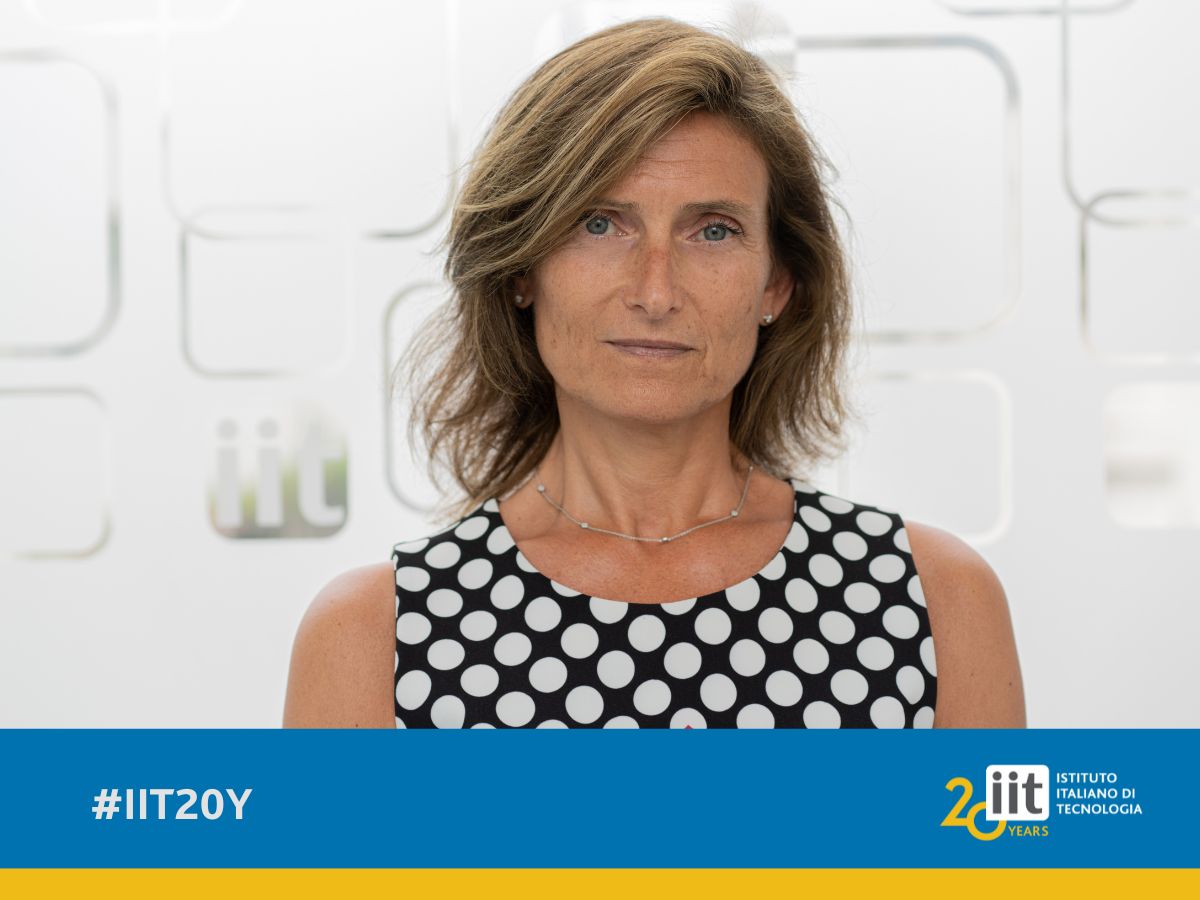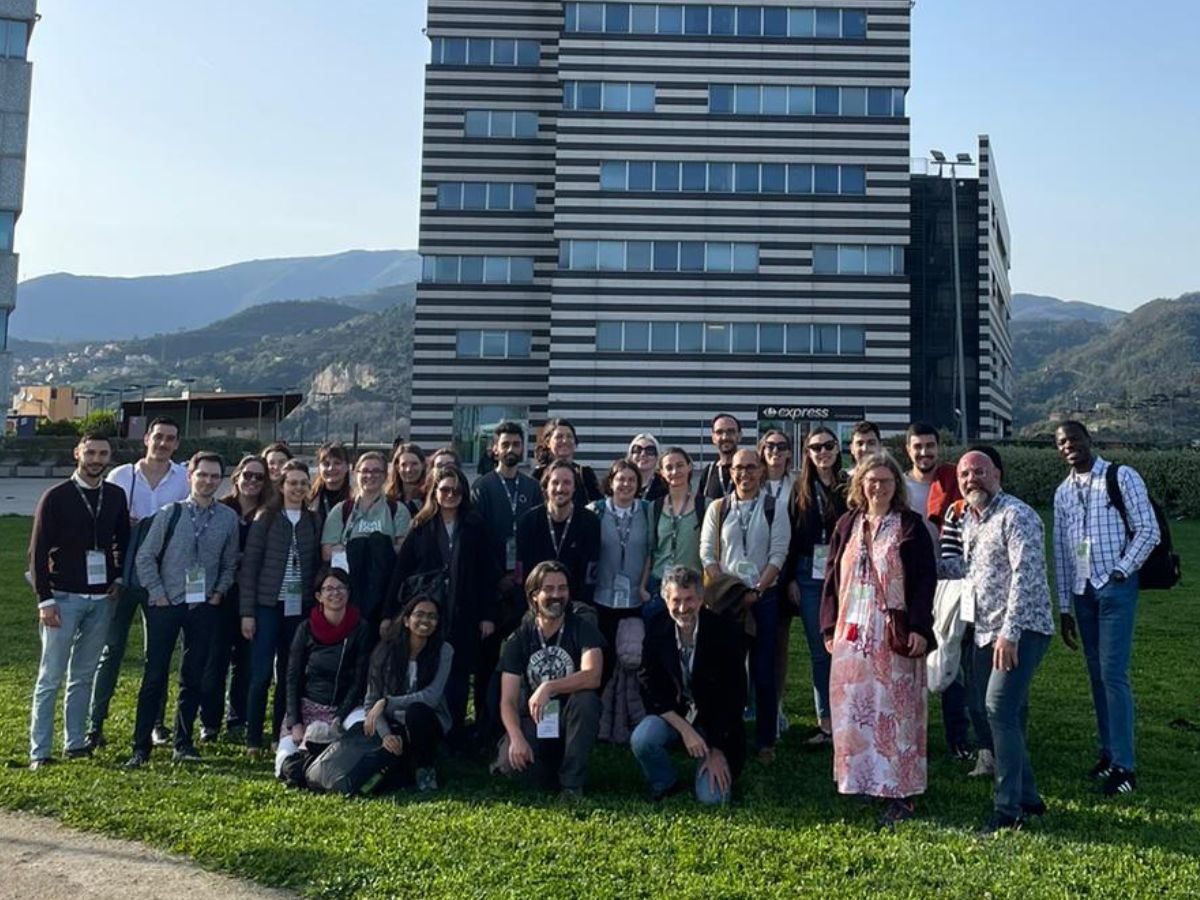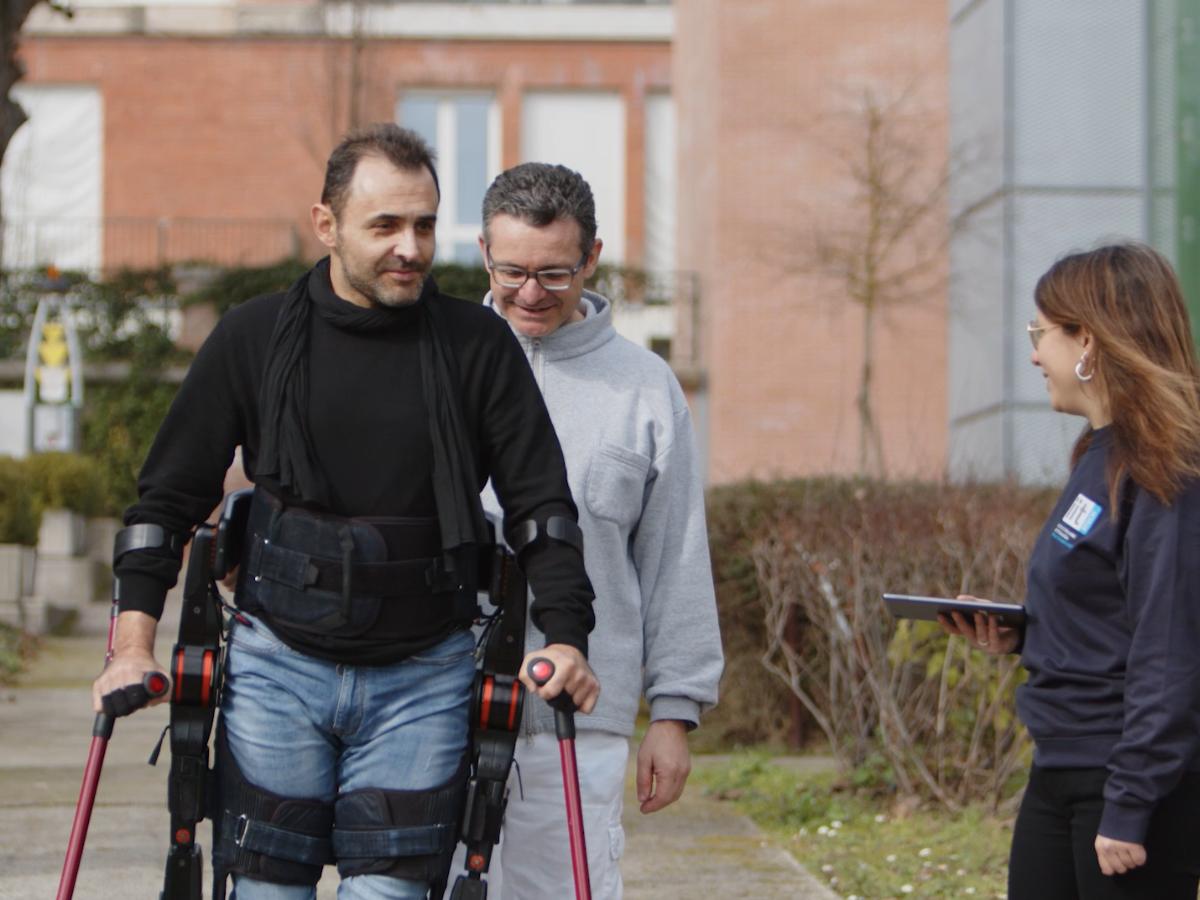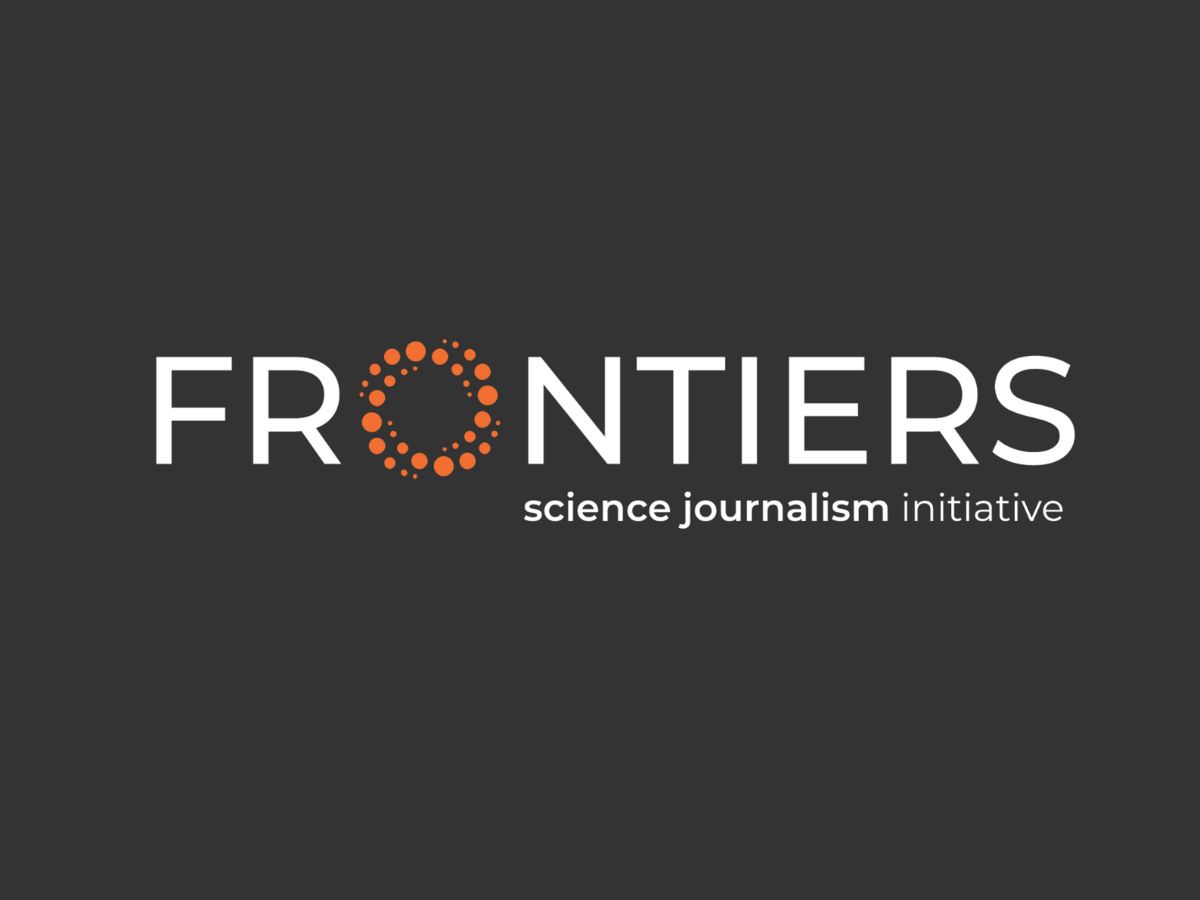Interview with Francesca Cagnoni, Director of Research Organisation Directorate
Francesca, when did your professional adventure at IIT begin?
I began working at IIT in April 2007 but my job interviews had started during the winter. In those days you reached Morego on a road where there was little traffic, and it was much narrower than today. You entered the IIT building through a large iron gate which had an opening for any guests arriving, who were greeted in semi-darkness by an armed security guard. So I too was escorted along deserted corridors by that guard, one of the few people present in the facility. It felt like entering the deserted hotel in the film The Shining. At last, after I had reached the first floor of the building, which was organised very differently from the way it is today, I met Roberto Cingolani, the Scientific Director who was organising this centre.
Despite your rather unsettling experience, after this interview you decided to join that first scanty group of visionaries. Why?
I was certainly convinced by Cingolani’s themes of discussion and his determination, but also by the important opportunity that could be seen for the city of Genoa. I was younger and thought it was worth embarking on an ambitious albeit risky project. Over the course of my professional career there had been some activities in the field of scientific research that had given me the idea of accepting a challenge, of investing in a stimulating venture.
The researchers who entered IIT were part of a project that was very different from what our country’s research system had offered up until then. What were their expectations and fears?
Their expectations matched mine in some respects. They hoped to see the creation of a research centre in Italy that would display the same characteristics and mode of operation found in similar international organisations. This was particularly true for researchers returning to Italy. The fears were linked to having experienced other similar ventures that ended up in solutions hallmarked by localism, unable to come to terms with a globalised system. Today’s globalisation and the speed at which events unfold limit these experiences to the status of monads isolated from the overall international arena of research, decreeing their stagnation and decline. Moreover, researchers had to come to live and work in Genoa, a city that, after the splendours of its glittering history, was not a particularly attractive option.
Over time, IIT has become a solid and positive point of reference on the country’s scientific research scene. In your opinion, which were the strong points that led to the success of the “IIT model”?
Initially, IIT’s strong point was the creation and application of an ambitious and highly stimulating scientific project, which was cutting-edge and with a touch of craziness, an important ingredient especially when innovation is concerned. Beyond this vision, however, it was also necessary to provide support for researchers in terms of the physical organisation of the premises and laboratories. In the pioneering period of our work, the Scientific Director designed the logistics of our spaces but at the same time actively searched for people and ideas to guarantee a continuous process of innovation. Another significant element contributing to our success was the ability to make promises and keep them, a balance that is not often achieved in the world of research and in other fields. At IIT, thanks to the impetus provided by many people, we have managed to keep the level of expectations and achievements high, thus maintaining an exceptional degree of enthusiasm and participation on the part of our researchers.
Over the years, you have met a large number of researchers. Has anything changed over time in their professional preparation, and in the conditions that foster interpersonal relations?
Over time, IIT’s structure has changed, and likewise the profiles of our researchers. Initially, they were very young people, not adverse to risk, aware of their professional qualities that would have given them a degree of protection in the event of failure. Today, this attitude is much less noticeable and researchers are asking for more security and guarantees, following a trend that can be seen not only at IIT, but in the world of work in general. We meet researchers who are very conscious of their capabilities but also less flexible in assessing professional conditions that involve areas of risk. In addition to this, however, it is important to remember that they are also asking for greater transversality in their career path, and this in fact corresponds to our own expectations. Twenty years ago, researchers came to interviews with a professional vision limited to their field of operation. Only a few of them had an entrepreneurial outlook of their activity, something that would enable them to manage a team and define a project budget. Today, the young researchers who enter IIT offer the Foundation their scientific experience and ask us to train them from a managerial point of view, an aspect of the growth process of professionals that is intensely necessary and in great demand in today’s world.
What will the future of IIT be like, and which are the aspects that call for the greatest commitment?
To consolidate this story of success, IIT will have to continue to develop its driving force towards innovation. We must avoid resting on our laurels and continue to nurture our pioneering spirit. We must explore in greater depth the concept of how research is performed, the type of team on which scientific activity is based, the transversal and administrative support that is needed to facilitate processes, the type of premises and instrumentation with respect to the projects that we wish to implement, and we must invest in the central points of our new scientific plan: an all-round focus on the planet’s welfare, from health to the problems associated with the ageing population, with constant attention dedicated to processes that can improve the environment.





